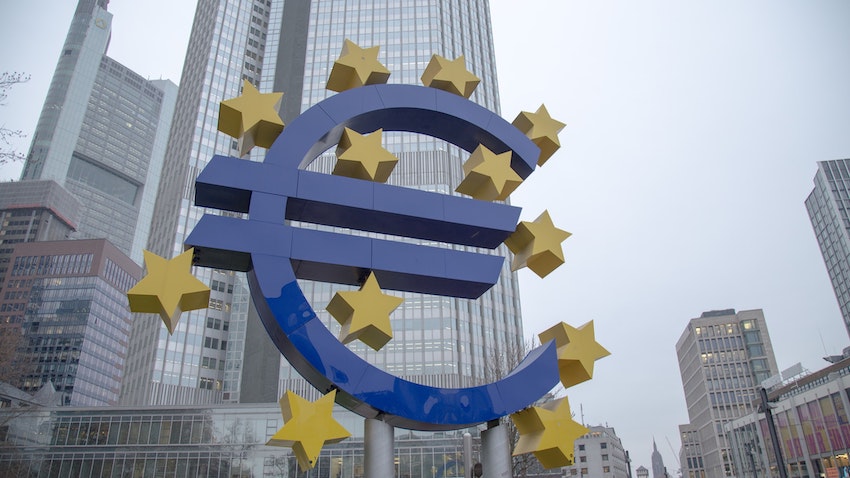Looking to upgrade your Euro Career?
For the semi experienced job seeker
Political Parties and MEP assistant jobs
Jobs with political parties and MEP assistant positions come in all different shapes and sizes. Some jobs are held by senior professionals working closely with the MEP as a speech-writer and organiser, other jobs are more junior. Many MEPs even take on 'stagiaires'. Each MEP is a member of one or several committees, and the required expertise will often depend on this. Some MEPs are more active and high profile than others, meaning the working atmosphere will differ from office to office. The office of an MEP can be quite a small place to work, so the relationship between an MEP, assistants and stagiaires is important for the day to day work. Much of the work can be rather administrative, setting up meetings, making sure everything on the agenda is coordinated, and gathering and organising all the necessary papers and documents from incoming mail and the internet.
Other jobs in the European Parliament include working for the different political parties' secretariats. This means working with a larger group of people, and perhaps a more specialised function covering a particular policy area, coordinating the group's policy on those issues.
Perhaps your skills and experience match a certain MEP or party. It is a good idea to go through all the parties to eventually find policies and cases that happen to match your professional skills and interests. Take a fresh look at your CV and your experience to search for agreements with political subjects.
Regional and City offices
Regional and city interests are well represented in Brussels. Many offices represent the regional or city governments from all over Europe, and often they cooperate closely with other public entities and business interests in their area, sometimes they even represent these interests directly. The many grants, subsidies and funds offered through structural funds, the EU Research and Development programmes etc. to regions and cities and the businesses, academic and government institutions in these regions have resulted in many new offices being set up to monitor the possibilities for funding and cooperation. Many of the tasks carried out by these offices are similar to work done by consultants, but larger regions or cities also carry out a more representative function, since most regional offices also assist politicians, officials, academics or business representatives from their region when they have meetings in Brussels.
This creates a number of job opportunities. Although most jobs will be filled by people from the specific region, many of the offices employ people from other regions or cities of the same country. Some even employ people with other nationalities, if their language proficiency is no hindrance. You may want to search for Brussels based offices from cities or regions that you could work for.
NGOs and Industry Associations
NGOs and industry associations provide some of the most interesting job opportunities in Brussels.
Labour market policy
Are you interested in labour market policy? You can work for a confederation of labour unions or employers' associations.
Environmental policy
There are many possibilities in this sector, both on the NGO side and industry side, depending on your point of view. Industry needs to explain why some ways of regulation would be better or more favourable for them than others, and environmental NGOs often argue that different vested interests should yield for the public good. The discussion is never boring, and the better the analysts and researchers are, the better the organisations' chances of influencing the MEPs and EU officials who have to reconcile all the interests of their point of view.
Social and aid organisations
Social and aid organisations represent different groups within and outside the EU, and the many different industry associations provide possibilities to work in the politics of finance, media, health, energy, heavy industry, food, pharmaceuticals, transport, etc.
Which policy area?
Your qualifications and interests are the major determining factor in terms of where your CV should be sent. Even if working in certain types of organisations may seem particularly tough or might not pay as well as others, if you can argue your point of view well and do a good job, chances are that very interesting work and quite high level contacts can will your way before you know it.
Becoming a Brussels expert in a small field does not take as many years as you may think. And who knows, that NGO job, for example, could lead to other jobs, such as in politics, journalism, an industry association or even a consultancy or a law firm in need of experts in your area.
Consider upgrading your formal skills by attending courses targeted at European Affairs professionals. See our Education and Courses page.











